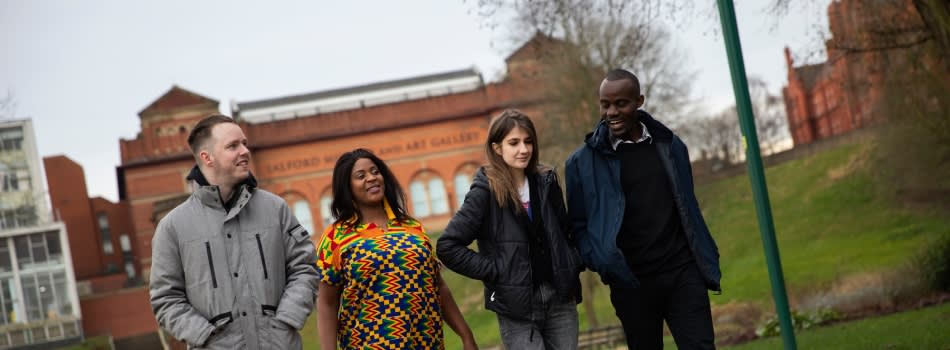About the Project
Our research focuses on Bacteriophages (phages), which are viruses that infect and kill bacteria, but can also form partnerships as prophages, acting like internal puppet masters to change the fundamental biology of their bacterial hosts. Specifically, our group is investigating how temperate bacteriophages affect Pseudomonas aeruginosa when they integrate into the bacterial genome as prophages. Our previous work indicates that such prophages play an important role in the survival and competitiveness of the Liverpool Epidemic Strain of P. aeruginosa in the cystic fibrosis lung. However, we do not yet know exactly how they do this. We are conducting several lines of investigation to find out.
We welcome applications from candidates interested in uncovering the function of prophage genes or studying the interplay between active bacteriophages and their bacterial hosts under different conditions and using in vitro models of infection. We also welcome applications from those interested in investigating prophages in other systems including Legionella, Borrelia, and Bartonella species.
Experience in bacterial culture and or genome sequence analysis are required, with desired expertise in molecular techniques and some knowledge of phage biology. Full training will be provided.
We are very active in science communication and welcome candidates with an interest in developing their own sciArt and outreach activities.
References
1. James, C. E., Davies, E. V., Brockhurst, M. A., and Winstanley, C. (2017) Evolutionary diversification of P. aeruginosa in an artificial sputum model. BMC Microbiology 17 DOI:10.1186/s12866-016-0916-z.
2. James, C. E, Davies, E., Williams, D., … Paterson, S., Winstanley, C, and Brockhurst, M (2016) Temperate phages both mediate and drive adaptive evolution in pathogen biofilms. PNAS 113 8266-71
3. Davies, EV, James, C E, Kukavica-Ibrulj, I, Levesque, RC, Brockhurst, MA and Winstanley, C (2016), Temperate phages enhance pathogen fitness in chronic lung infection, ISME Journal 10 2553-55
4. Davies, E. V., Winstanley, C., Fothergill, J. L., and James, C. E. (2016) The role of temperate bacteriophages in bacterial infection. FEMS Microbiology Letters doi10.1093/femsle/fnw015
5. Burns, N., James, C. E., Harrison, E. (2015) Polylysogeny magnifies competitiveness of a bacterial pathogen in vivo. Evolutionary Applications DOI: 10.1111/eva.12243
6. James, C. E. Davies, E. V., Fothergill, J. L., Walshaw, M. J., Beale, C. M., Brockhurst, M. A., and Winstanley, C. (2015) Lytic activity by temperate phages of Pseudomonas aeruginosa in long-term cystic fibrosis chronic lung infections. The ISME Journal. doi: 10.1038/ismej.2014.223
7. James C. E., Fothergill J.L., Kalwij H., Hall, A., Cottell, J., Brockhurst, M A and Winstanley C (2012) Differential infection properties of three inducible prophages from an epidemic strain of Pseudomonas aeruginosa. BMC Microbiology (12) 216-28.
8. Kirchner S., Fothergill, J. L., Wright E. A., James C E., Mowat E., and Winstanley C. (2012) Use of artificial sputum medium to test antibiotic efficacy against Pseudomonas aeruginosa in conditions more relevant to the cystic fibrosis lung. The Journal of Visualised Experiments 64:e3857
9. Fothergill J. L., Winstanley C and James C. E. (2012) Novel therapeutic strategies to counter Pseudomonas aeruginosa infections. Expert Reviews of Anti Infective Therapy. (10) 219–235.

 Continue with Facebook
Continue with Facebook




